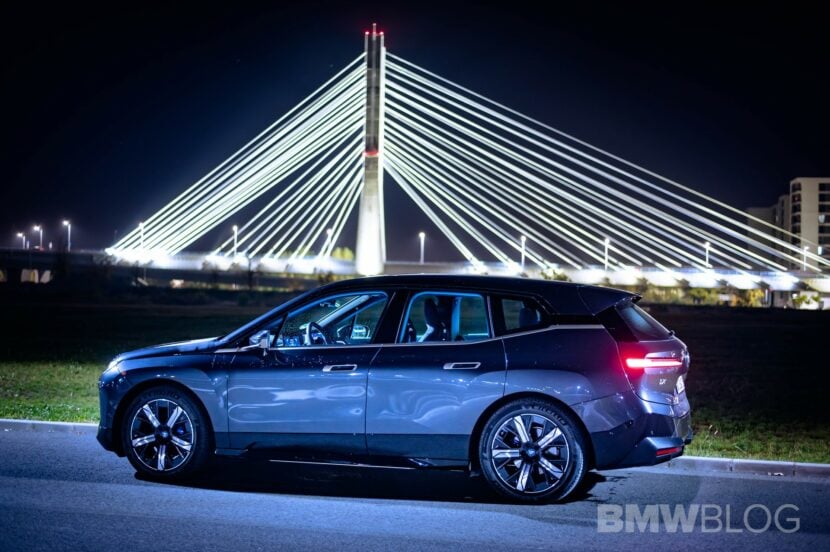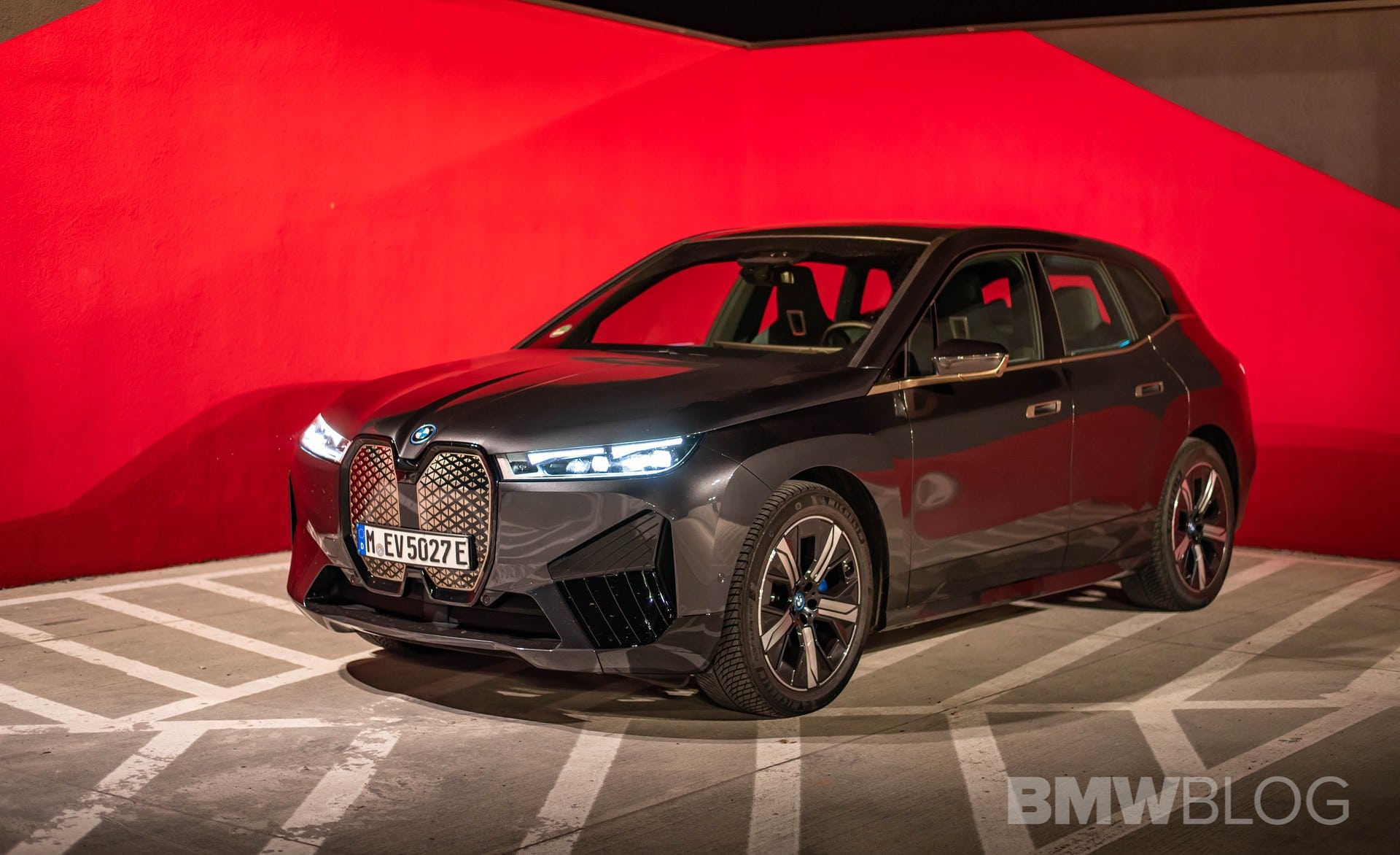It’s virtually impossible to perfectly determine an electric vehicle’s range since conditions vary greatly, with traffic being a major factor. That said, it’s generally known that range tests conducted by the EPA are closer to reality than practically any other assessments, including the WLTP (Worldwide Harmonized Light Vehicle Test Procedure), NEDC (New European Driving Cycle), and CLTC (China Light Duty Vehicle Test Cycle).
However, all four are lab-based tests at the end of the day, so testing an electric vehicle out in the real world should always net more accurate results if they’re conducted in a professional manner. Edmunds is well-versed in evaluating EVs and has been consistently beating EPA’s results without hypermiling in the test cars. The journalists squeezed an extra 41 miles from a BMW i4 M50 in April and now they’re back with an iX xDrive50.

Their test car was nearly fully optioned, including the 22-inch wheels that reduce the range to 315 miles, down by nine miles compared to the standard 20-inch wheels. Edmunds did its job and inflated the Bridgestone Alenza 275/40 R22 tires to the 39 psi front and 46 psi pressures recommended by BMW. So, how efficient is an SUV weighing 5,707 pounds (2,588 kilograms) in a range test?
They managed to cover a respectable 377 miles (607 kilometers), thus extracting an additional 62 miles (100 kilometers) from the electric SUV’s large 106.3-kWh battery pack. Despite weighing nearly 400 lbs (181 kg) more than the X5 M with its twin-turbo V8 engine, the BMW iX xDrive50 impressed in Edmunds’ efficiency test, beating EPA’s rating by a considerable 19.7%.
It now holds the title for the longest-range electric SUV tested by Edmunds by dethroning the Ford Mustang Mach-E California Route 1 after covering an additional 33 miles (53 km). Doing the math, the electric luxobarge consumed 32 kWh for every 100 miles it traveled, representing an improvement of 18% over EPA’s estimate.
The journos also did some cost simulations and concluded the 377-mile journey would’ve cost $12.06 in Idaho and $50.67 in Hawaii as the price of electricity varies greatly from state to state.
Source: Edmunds

















































